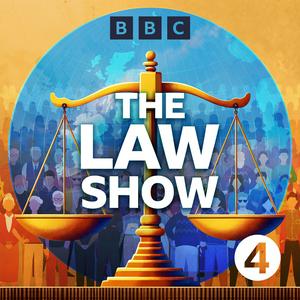The former US ambassador Peter Mandelson is on bail after being arrested on suspicion of Misconduct in Public Office.
Police have been investigating claims that when he was Business secretary, he shared market-sensitive government information with the financier Jeffrey Epstein.
His arrest comes a few days after police arrested Andrew Mountbatten Windsor, also on suspicion of Misconduct in Public Office, when he was a trade envoy. He is suspected of sharing confidential government documents with Epstein.
The arrests come after the release of a large number of files by the US Department of Justice. These relate to the activities of Jeffrey Epstein, who was a convicted sex offender. He died in 2019 while awaiting trial on charges of the sex-trafficking of underage girls.
Andrew Mountbatten Windsor was friends with Epstein. So was Lord Mandelson.
The BBC has approached Andrew Mountbatten Windsor for a response to these claims. He has always rejected any wrongdoing in connection with Jeffrey Epstein and denied any personal gain from his role as trade envoy.
Lord Mandelson has not publicly commented in recent weeks on the Epstein files, but the BBC understands his position is he has not acted in any way criminally and that he was not motivated by financial gain.
But what exactly is Misconduct in Public Office? It's a common law offence, with a maximum sentence of life imprisonment, but the Law Commission of England and Wales describes it as "ill-defined ".
So how did it evolve, who does it apply to, how does it work in practice?
Presenter: Dr Joelle Grogan
Editor: Tom Bigwood
Senior Producer: Ravi Naik
Producer: Charlotte Rowles
Contributors:
Gareth Roberts, Barrister, Exchange chambers
Kate Bex KC, Red Lion chambers
Jeremy Horder, Professor of Criminal Law, the London School of Economics
Dr Hayleigh Bosher, a Reader in Intellectual Property Law at Brunel, University of London.


